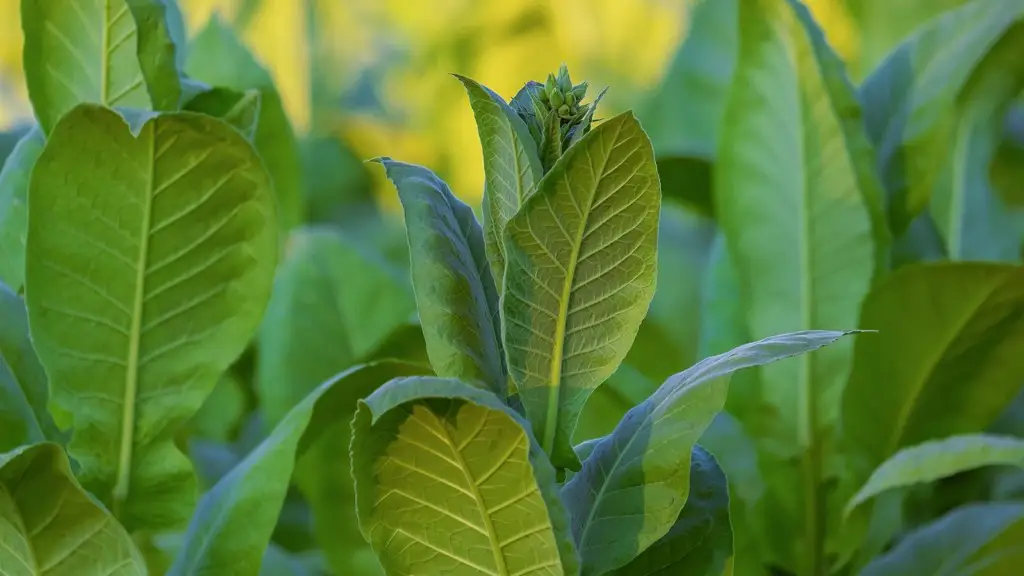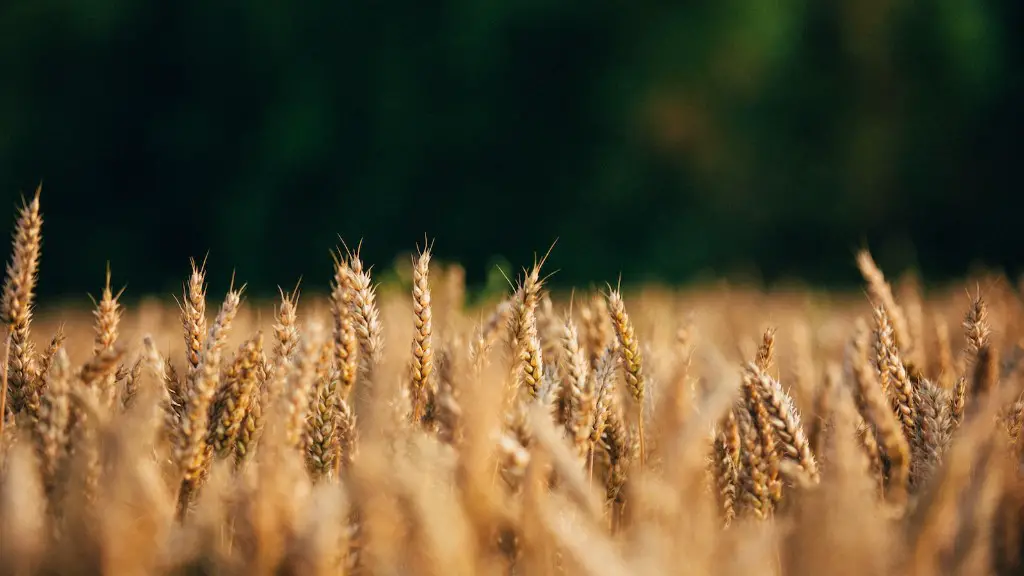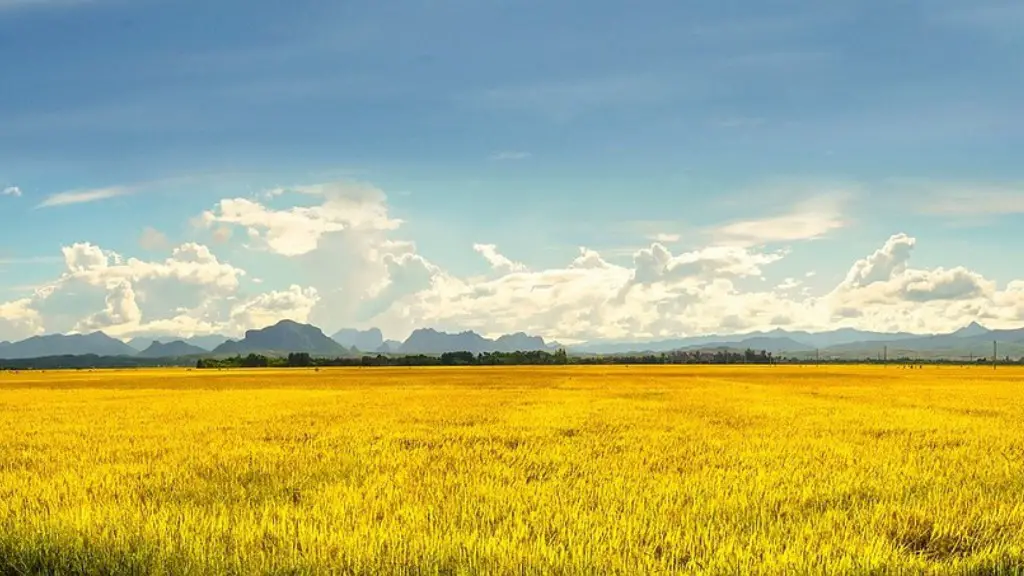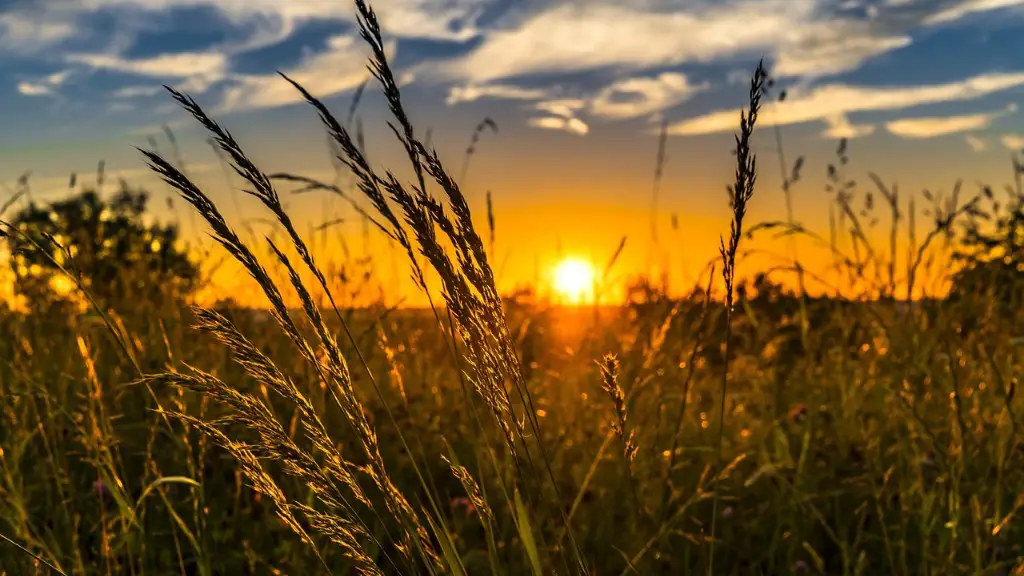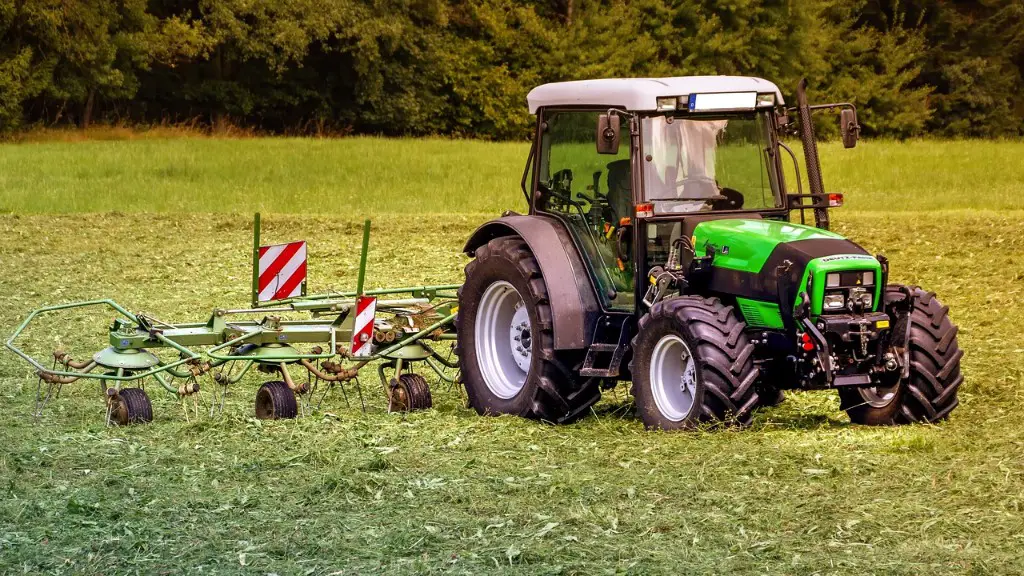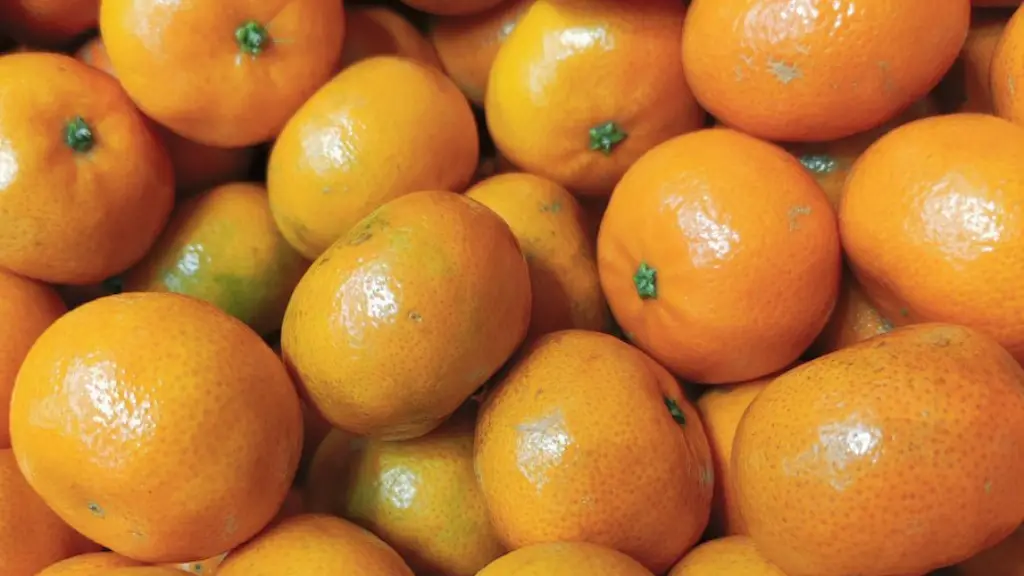The site selection for agricultural purposes is important to farmers and ranchers because it can mean the difference between a successful harvest and year, or a failed one. Many factors must be considered when choosing a site, such as climate, soil type, rainfall, and topography. All of these factors can affect the land’s ability to support crops or livestock. If a site is not selected carefully, it could lead to financial ruin for the farmer or rancher. Therefore, it is crucial that farmers and ranchers take the time to do their research and select a site that will give their operation the best chance for success.
The importance of site selection in agriculture cannot be understated. The quality of the land – including factors such as climate, soil type, and topography – can have a significant impact on the success or failure of a farm. Poorly chosen agricultural land can lead to lower crop yields, increased costs, and, ultimately, financial losses. Conversely, selecting the right site for agriculture can result in increased production, higher quality crops, and greater profitability. In short, site selection is a crucial part of successful agricultural planning and management.
How proper site selection affects the production of?
One of the most effective means of reducing potential problems is through proper field site selection. Three points should be considered when selecting a field to produce vegetables: field topography, soil type, and water availability and quality.
Field topography is important because it affects drainage. Soil type is important because it affects the nutrient availability and the physical characteristics of the soil. Water availability and quality are important because they affect irrigation.
The primary considerations when selecting a site for a vegetable garden are the amount of sunlight, soil type and other factors. Vegetables grow best in well-drained, fertile soils. A well-drained soil is one through which water moves quickly. Vegetables grow poorly in heavy clay or poorly drained soils.
Why is it important to match the characteristics of the crop to a particular site
Crop yield and nitrogen loss are intimately connected. A good match of crop nitrogen preference, soil nitrogen transformation characteristics, and climate conditions is critical to enhancing crop yield and reducing nitrogen loss. This intimate connection needs to be taken into consideration in terms of the choice of crop species and nitrogen fertilizer type to optimize nitrogen fertilization management.
When choosing a site for a farming venture that involves tree crops, it is important to consider the biotic factors. Farmlands in forest areas are often better because they have a more diverse range of plant and animal life. However, you must avoid places with a long history of pests and diseases. Also, you should be careful in choosing a site with certain dominant weeds which are difficult to control.
What are the advantages of site selection?
When it comes to siting a new business, there are many factors to consider in order to ensure long-term success. One of the most important factors is choosing a location that provides lower transportation costs and faster delivery times. Additionally, a clear plan for future growth and expansion can help your business capitalize on local and state tax breaks while also having a positive impact on the local community. By working with a cohesive team that removes bias, you can be confident that you are making the best decision for your new business.
A site selector’s job is to help their client choose a location for their business that best suits their needs. This can involve anything from finding a location that is zoned for the right type of business, to finding a location that has the right infrastructure in place. A site selector will also often help their clients negotiate with landlords and other businesses in the area to get the best possible deal.
What are the two most important factors in making site selection?
There are four important factors to consider when selecting a site for your business: accessibility, competitors, parking, and costs.
Accessibility is important because you want your customers to be able to reach your business easily. If your business is not easily accessible, you may lose customers.
Competitors should also be considered when selecting a site for your business. You want to choose a location that is compatible with nearby stores. This will ensure that your business is not in direct competition with another business.
Parking is another important factor to consider, especially if you are not located in a city like New York or Chicago. Parking availability is key to attracting customers to your business.
Finally, costs must be considered when selecting a site for your business. You want to choose a location that is affordable and will not break your budget.
One of the most important considerations when choosing a site for a new building is the availability of utilities and infrastructure. Without these basic services, a building cannot function. Another important consideration is the right building/site. The wrong building/site can cause major problems and even pose a safety hazard.
What are the five 5 principles of site selection
Separation or Buffer Distances:
One of the key considerations in choosing a site for development is the separation or buffer distance between the site and sensitive receptors. These receptors can include sensitive ecological features (e.g. wetlands or old growth forest), sensitive land uses (e.g. residential areas), or critical infrastructure (e.g. drinking water intakes). Maintaining a sufficient separation distance between the development and these receptors is important to minimize the potential for negative impacts.
Site Suitability:
Not all sites are equally suitable for all types of development. It is important to consider the specific characteristics of the site when choosing a development, in order to minimize the potential for negative impacts. For example, a site with steep slopes may not be suitable for a development that involves a lot of excavating.
Proximity to Waste Source:
Another important consideration is the proximity of the site to potential sources of pollution. If the site is too close to a source of pollution (e.g. a factory), there is a risk that the development could be contaminated by the pollution.
Zoning:
The zoning of a site can also impact the suitability of the site for development. Zoning regulations can dictate
1. Field topography: The ideal field for vegetable production is level or nearly level. A field that is too steep will result in soil erosion and drainage problems. A field that is too flat will result in poor drainage and an environment that is conducive to the growth of weeds.
2. Soil type: The type of soil in the field is important for two reasons. First, the soil must be able to support the root system of the crops. Second, the type of soil will affect the availability of nutrients and the drainage of the field.
3. Water availability and quality: An adequate supply of water is essential for vegetable production. The quality of the water is also important, as it will affect the uptake of nutrients by the plants.
What are the factors to be considered in selecting site for planting?
When choosing your site, climate, topography, exposure, soil conditions, and accessibility are all important factors to consider. The type of plants you want to grow will dictate what kind of climate is ideal, and different types of plants have different moisture requirements. The topography of your site will also affect drainage and how much sunlight it receives. Soil type is important to consider as well, since different plants have different nutrient requirements. Finally, accessibility is important both for you and for any potential customers or clients. Make sure you can easily get to and from your site, and that there is adequate parking and lighting.
No matter what the reason for farming, it is important to choose a crop and variety that is resistant to important pests and diseases. If susceptible varieties are used, it could result in high production costs or even complete crop failure.
How location is important in site selection
There are a few things to consider when trying to secure your next best location. Easy access to major highways, interstates, and major roads is crucial. You also want to have short, favorable travel times for employees, vendors, and customers. Finally, being close to landmarks, population clusters, and other high-traffic areas can be a major plus. Keep all of these factors in mind when making your decision and you should be on your way to a great new location.
if you are hoping to grow vegetables, fruits, and herbs- well drained, loamy soils are key to a bountiful and healthy crop. Poorly drained clay soils will not support these same plants without significant modification. Excessively sloped land is susceptible to erosion and is better suited for plants that don’t need to be replanted every year, like fruits.
What is selection in agriculture?
The seeds that are used to cultivate new crops have to be selected very carefully and of high quality. The good quality seeds can either be bought from different sources or farmers can produce by their own. The selection of seeds is used to improve the quality of yields.
When choosing a site for your new house, there are several factors to consider in order to ensure that the location is right for you and your family. The purpose of the building, the friendliness of the neighborhood, the available facilities, the landscape, plot size and layout, the environmental conditions, the legal and financial aspects, the type of soil, and the access to utility and building materials are all important factors to take into account. By considering all of these factors, you can be sure to choose a site for your new home that will be perfect for you and your family.
Warp Up
The importance of site selection in agriculture cannot be overemphasized. The site selected for cultivation must have the right mix of physical and chemical properties to support plant growth. The wrong site can lead to problems with drainage, nutrient availability, and weed growth.
Choosing the right site for your farm is one of the most important decisions you will make. The climate, topography, and soils of the area will all have a big impact on your success as a farmer. If you pick a site that is too wet, your crops will fail. If you pick a site that is too dry, your crops will fail. And if you pick a site with poor soils, your crops will fail. So take your time, do your research, and choose your farm site wisely.
